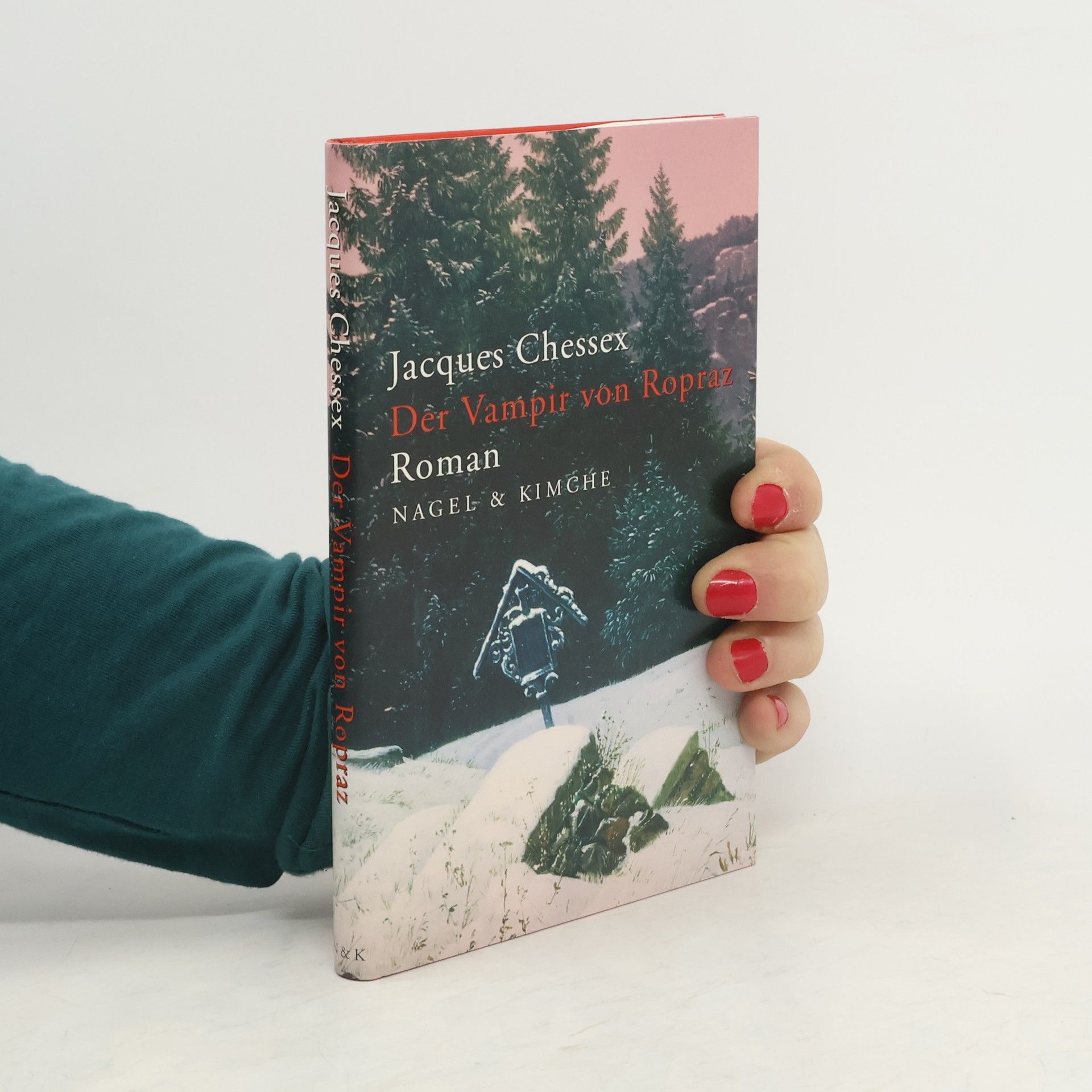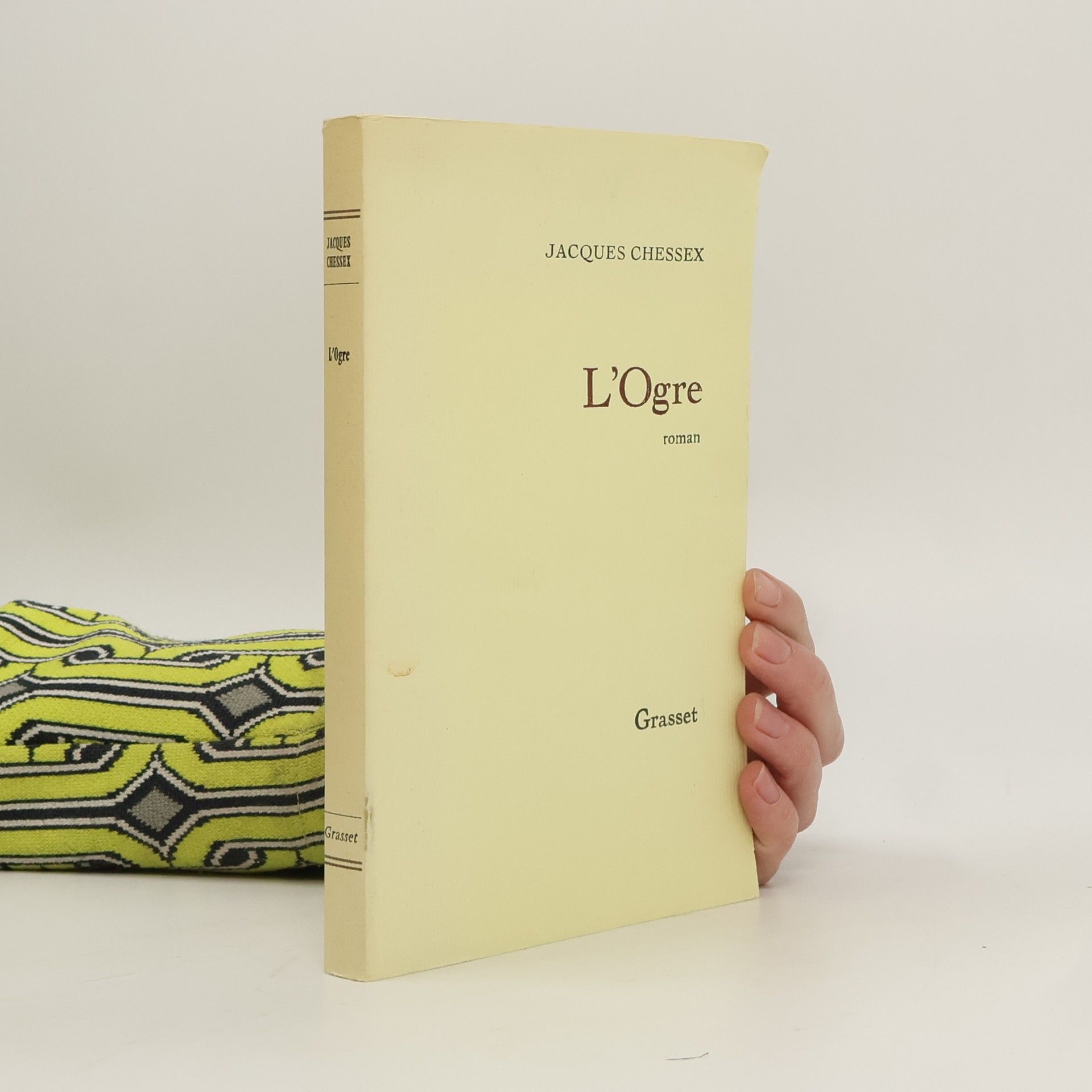Der Goncourt-Preisträger Jacques Chessex erzählt die Geschichte einer Adoption, die, als gute Tat gedacht, sich in einen Fluch verwandelt. Alexandre Dumur, Schriftsteller, auf dem Höhepunkt seiner Karriere, lebt in friedlicher Zurückgezogenheit mit seiner Frau Anne auf einem alten Landsitz in der Westschweiz. Bis zu dem Tag, an dem Louis, dreizehnjährig, als Adoptivsohn zu ihnen kommt. In der besten Absicht, das Unrecht, das ihm das Schicksal zugefügt hat, wiedergutzumachen, erliegen die Adoptiveltern und andere Menschen ihrer Umgebung der Faszination und der Verführung, die von Louis ausgeht. Alexandre erzählt die einzelnen Stationen dieser Verdammnis. Immer wieder wird der Sieg der dämonischen Leidenschaften und der Begierde, die gleich einem dunklen Sog alles Geschehen absorbieren und alle Figuren mit dem gleichen Bann belegen, mit sprachlicher Intensität heraufbeschworen. - 'In diesem Roman zelebriert Chessex die zerstörerische und selbstzerstörerische Macht des Eros.' (Viceversa Literatur)
Jacques Chessex Books
Jacques Chessex was a Swiss poet and novelist whose work is characterized by a deep interest in the human psyche and moral dilemmas. He enriched his texts with poetic imagery and penetrating introspection, securing his place among the most important French-language authors. His writing often explores the darker aspects of human nature and the complexity of interpersonal relationships. Chessex's unique style and the depth of his works have left an indelible mark on literature.

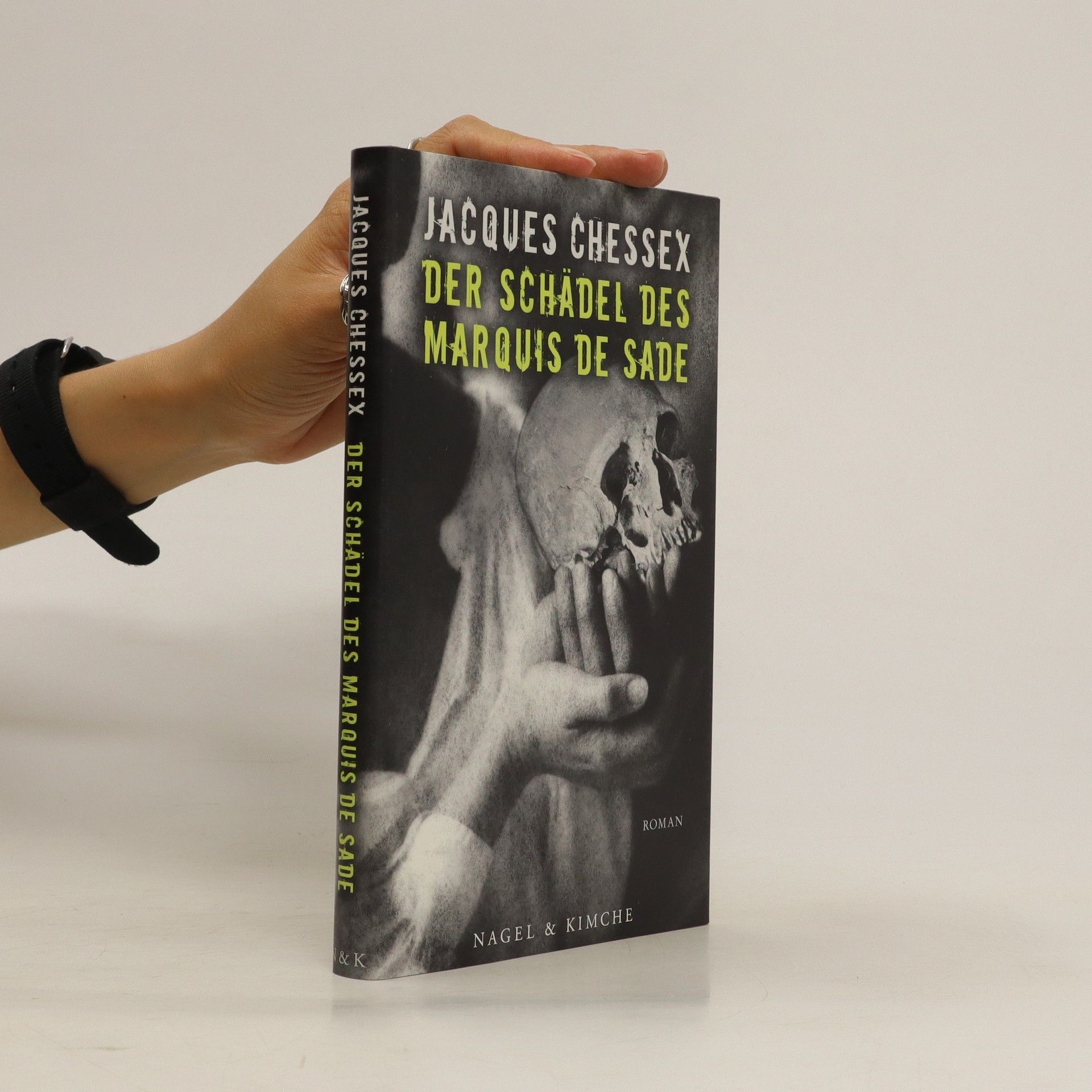
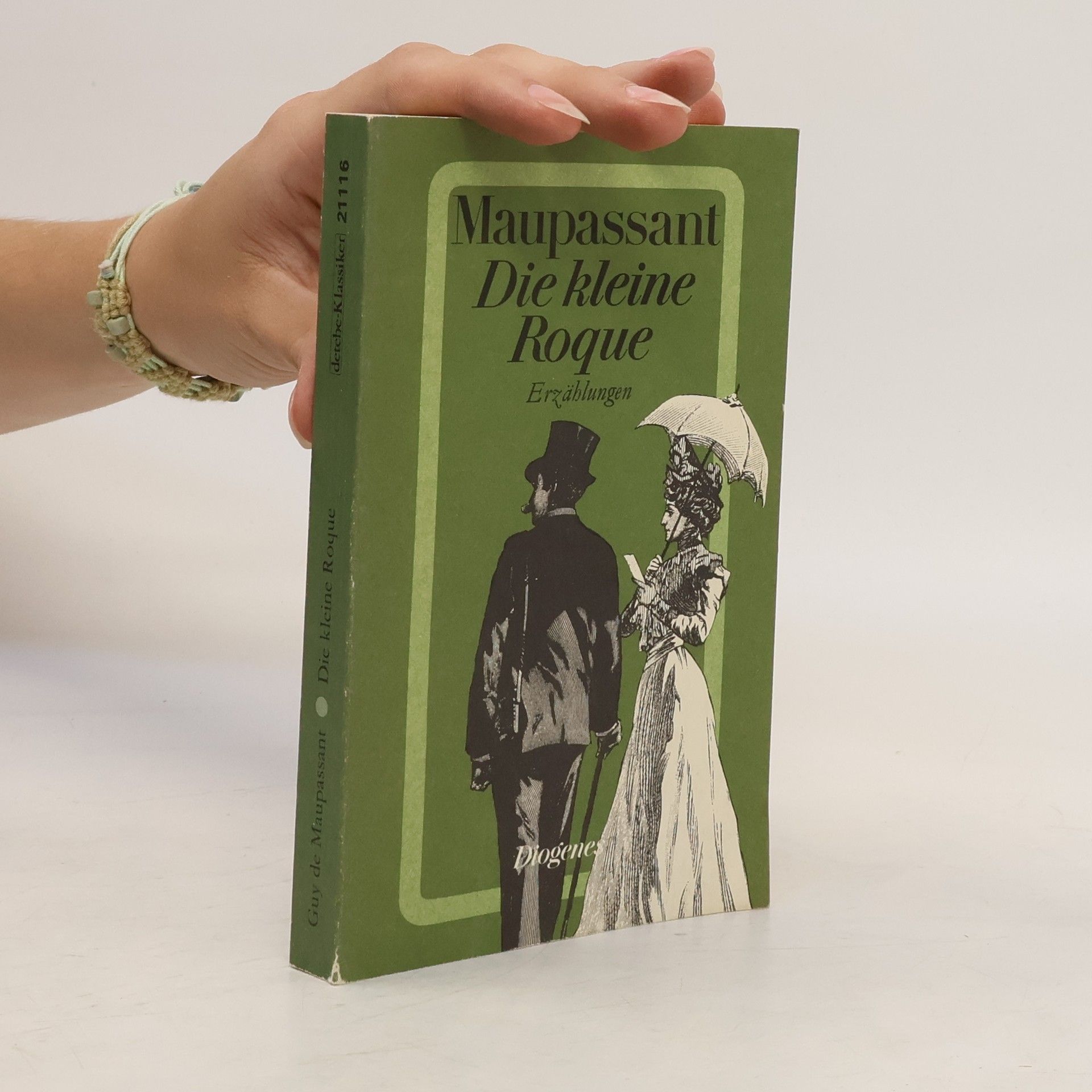

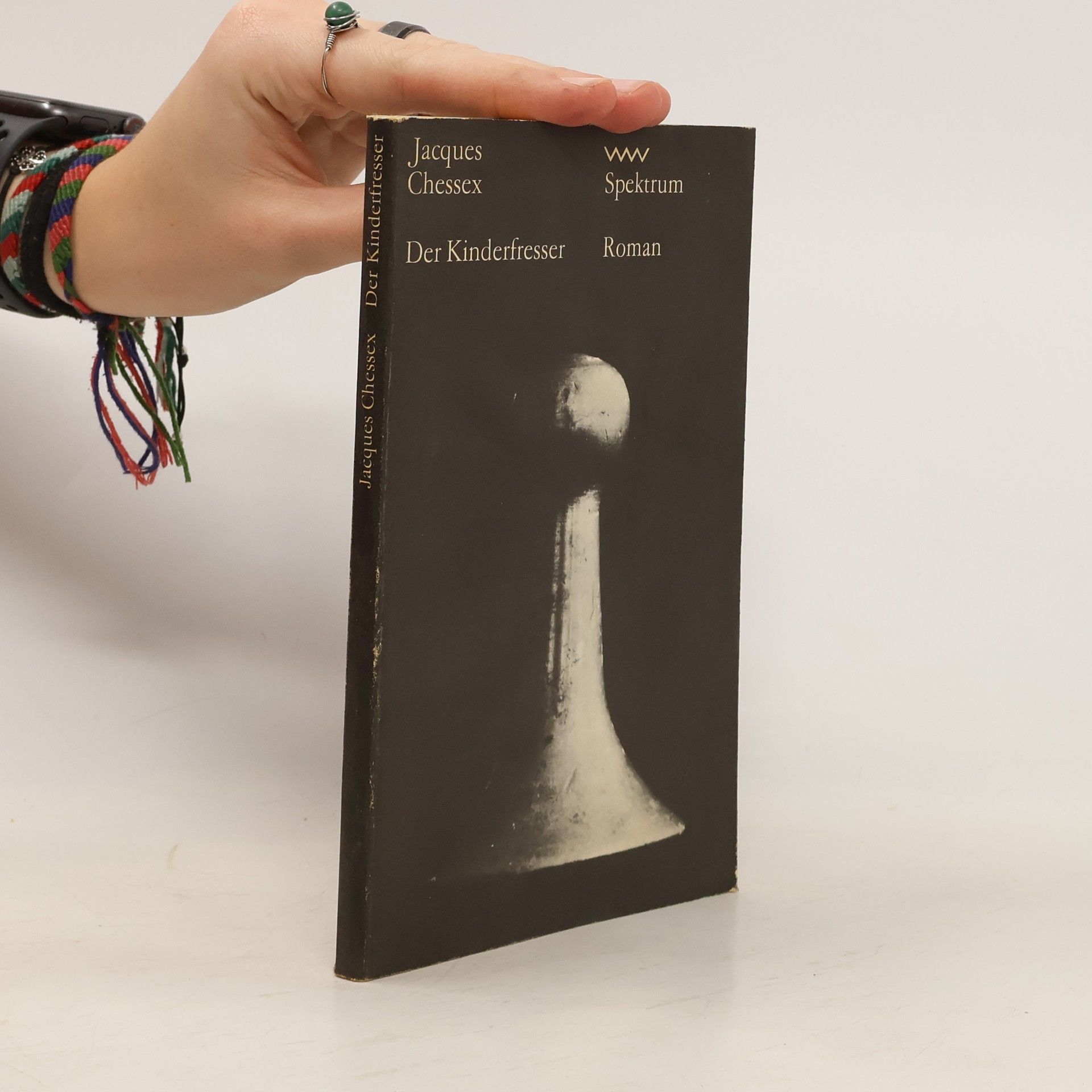
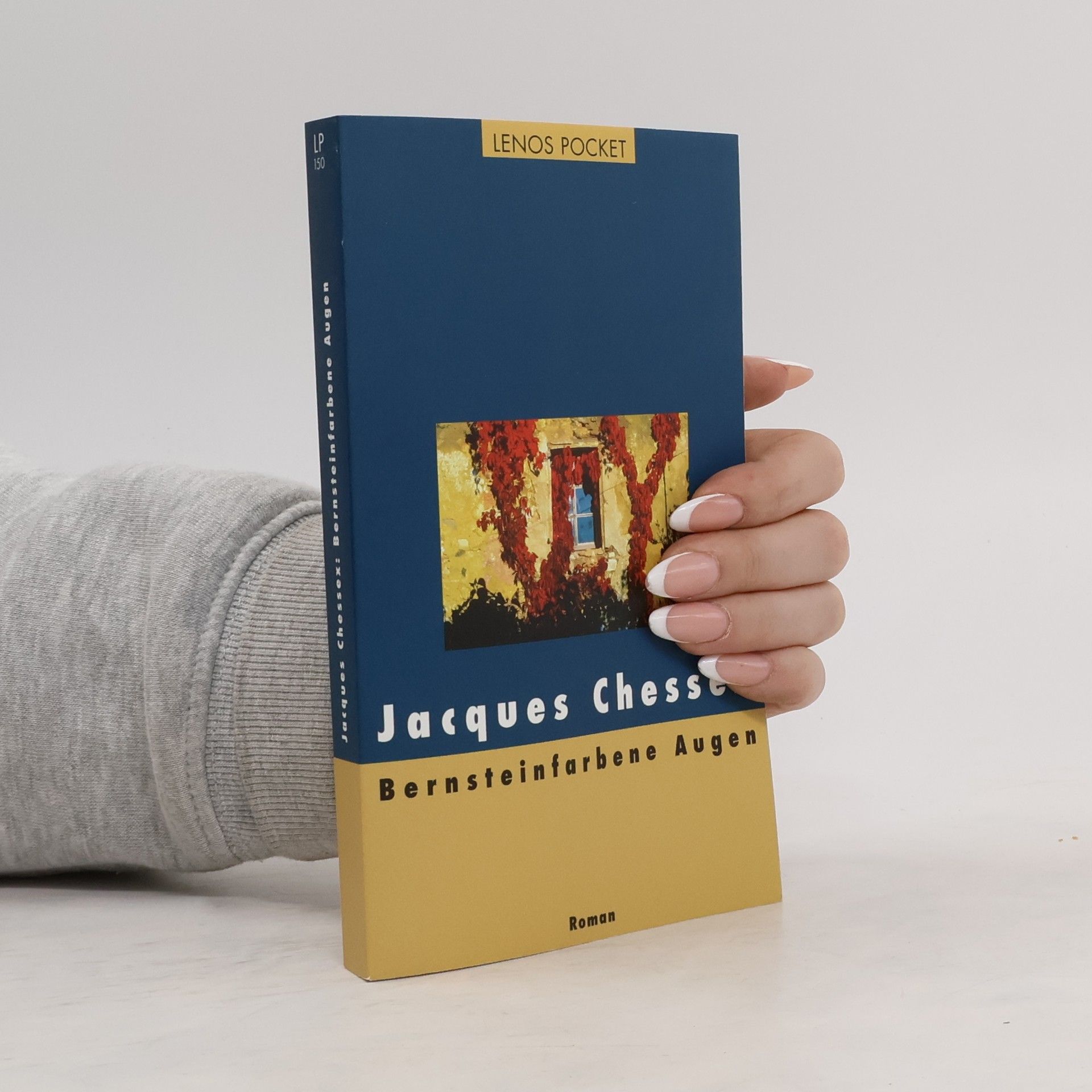
Der Kinderfresser
- 248 pages
- 9 hours of reading
„Den Vater vernichten. In ein Häufchen Asche am Grunde einer Urne auflösen. Wie Sand. Staub, namenlos und ohne Stimme.“ Am Tag der Kremation seines Vaters durchströmt Jean Calmet, Lateinlehrer in Lausanne, ein Gefühl der Erleichterung, mehr noch: der Befreiung. Endlich ist der vor Leben strotzende Koloss, der seine Jugend zerstört hatte, gebannt. Einst hatte der Patriarch die ganze Familie beherrscht, seinen Sohn verhöhnt und gedemütigt, um die eigene Macht und Potenz zu demonstrieren. Ja, er war selbst nicht davor zurückgeschreckt, Jeans erste zarte Jugendliebe zu verführen. Doch das Gefühl ist trügerisch: Der Vater ist nicht tot. Das Bild seiner übermächtigen Gestalt verfolgt den Sohn unerbittlich überallhin, nimmt immer monströsere Züge an und raubt ihm schließlich jede Lebenskraft. Chessex' berühmtes sprachgewaltiges Werk, „eines der bedeutendsten psychologischen Erzählwerke gegenwärtiger Sprachkunst“ (Die Tat), wurde virtuos von Marcel Schwander ins Deutsche übertragen.
Mona
- 155 pages
- 6 hours of reading
Mona Jacques Chessex schrieb die Schweizer Version des Professor Unrat (...) mit sehr viel Einfühlsamkeit für die Leiden eines von den Leidenschaften gepeitschten Mannes.<Welt am Sonntag
Die kleine Roque
- 266 pages
- 10 hours of reading
Im Jahr 1814 sitzt der 74-jährige Schriftsteller Marquis de Sade in der geschlossenen Abteilung einer Pariser Irrenanstalt. Aber weder das Gefängnis noch sein Alter hindern ihn daran, die Welt weiterhin in Empörung und Schrecken zu versetzen. Jacques Chessex erzählt mit Witz und Derbheit die letzten Monate de Sades - und wie dessen Schädel, als Reliquie verehrt, eine kuriose Reise durch die Jahrhunderte zurücklegte. Der Autor aus der Schweiz liefert das beeindruckende literarische Porträt eines der faszinierendsten und anstößigsten Helden der Aufklärung in Frankreich.
Nana
- 480 pages
- 17 hours of reading
Prompted by his theories of heredity and environment, Zola set out to show Nana, "the golden fly," rising out of the underworld to feed on society—a predetermined product of her origins. Nana's latent destructiveness is mirrored in the Empire's, and they reflect each others' disintegration and final collapse in 1890. Built around the book's scientific skeleton is a powerful, sensual atmosphere, and a rich use of words which elevate the novel beyond the realistic platform into a "poem of male desires."
Un Juif pour l'exemple
- 103 pages
- 4 hours of reading
Nous sommes en 1942: l'Europe est à feu et à sang, la Suisse est travaillée de sombres influences. A Payerne, rurale, cossue, ville de charcutiers "confite dans la vanité et le saindoux", le chômage aiguise les rancœurs et la haine ancestrale du Juif. Autour d'un "gauleiter" local, le garagiste Fernand Ischi, sorti d'une opérette rhénane, et d'un pasteur sans paroisse, proche de la légation nazie à Berne, le pasteur Lugrin, s'organise un complot de revanchards au front bas, d'oisifs que fascine la virilité germanique. Ils veulent du sang. Une victime expiatoire. Ce sera Arthur Bloch, marchand de bestiaux A la suite du Vampire de Ropraz, c'est un autre roman, splendide d'exactitude et de description, d'atmosphère et de secret, que Jacques Chessex nous donne. Les assassins sont dans la ville.
Contes de la bécasse
- 157 pages
- 6 hours of reading
Dans la campagne normande du xixe siècle, une paysanne et sa servante décident de sacrifier leur chien par souci d’économie (Pierrot), un amant épuisé d’avoir traqué le sanglier tout le jour manque une belle occasion de profiter des faveurs de sa bien-aimée (Un coq chanta), un Prussien froussard réfugié dans un fossé subit les affres de la faim (L’Aventure de Walter Schnaffs)… Au fil de ces dix-sept récits inspirés des veillées de chasse et parus en 1882 dans les journaux Le Gaulois et Gil Blas, l’auteur évoque sa terre natale sur un ton à la fois tendre et caustique. Goût de l’insolite et hantise du macabre, fascination pour le thème de l’enfant trouvé ou adultérin, obsession toute flaubertienne pour la perfection stylistique : les Contes de la bécasse offrent un abrégé passionnant de l’univers romanesque de Maupassant. Virginie Berthemet © Flammarion © 1979, Flammarion, Paris ; édition mise à jour en 2013.
Zu Beginn des 20. Jahrhunderts treibt im kleinen Dorf Ropraz im waadtländischen Jorat ein bestialischer Leichenschänder sein Unwesen. Die Bevölkerung des ganzen Landstrichs ist in Aufruhr; Angst und Wut brauchen einen Schuldigen. Jacques Chessex hat mit einer so akribischen wie stilistisch geschliffenen Rekonstruktion des historischen Falls einen erstklassigen Schauerroman geschrieben.


